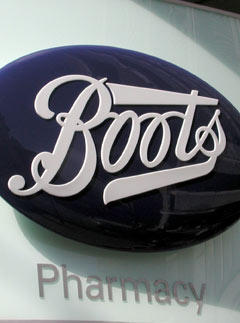From The Guardian:
Nearly one third of pharmacists are recommending complementary and alternative medicines with little-to-no evidence for their efficacy, including useless homeopathic products and potentially harmful herbal products.
The finding comes from a Choice survey of 240 pharmacies including Priceline, Chemist Warehouse and Terry White. Mystery shoppers were sent in to speak to a pharmacist at the prescription dispensing counter and ask for advice about feeling stressed.
Three per cent of the pharmacists recommended homeopathic products, despite a comprehensive review of all existing studies on homeopathy finding that there is no evidence they work in treating any condition.
Twenty-six percent recommended Bach flower remedies to shoppers, homeopathic solutions of alcohol and water containing diluted flower essences. The solution was invened by a British homeopath, Edward Bach, who claimed to have a psychic connection to plants. A comprehensive review of all existing studies on Bach flower solutions found no difference between the remedies and placebos.
The Choice survey also found products containing a B group vitamin complex were recommended by pharmacists for stress in 46% of cases. Other frequently recommended products were St John’s wort and valerian. There is no good evidence that these products reduce stress.
A more detailed summary, from CHOICE, is here.









You must be logged in to post a comment.